Creation and destruction, often seen as opposing forces, are in fact deeply interconnected and mutually beneficial. This video explores how learners can better understand the relationship between these two processes, and how we might empower them to be more mindful in the activities they undertake.
This is a sample of a resource created by UK Charity AccessArt. We have over 1500 resources to help develop and inspire your creative thinking, practice and teaching.
AccessArt welcomes artists, educators, teachers and parents both in the UK and overseas.
We believe everyone has the right to be creative and by working together and sharing ideas we can enable everyone to reach their creative potential.
In 2025 we invited schools to tell us how much you had to spend on art resources each year. Here is a summary of what you told us:
BESA is the UK’s trade association for educational suppliers, championing companies that deliver high-quality products and services to schools. Their Code of Practice ensures trust and excellence, giving educators confidence in their choices. Through research, insights, industry events, and policy advocacy, they help members navigate the evolving education landscape.
With over 90 years of experience, BESA is committed to advancing the sector and driving best practice, shaping the future of learning in the UK and globally.
We hope this membership demonstrates to our audience our continued commitment to providing the very highest service in helping to provide educational materials to schools and other learning environments, both in the UK and overseas.
AccessArt is thrilled to announce that we were awarded the InSEA Advocacy Award for Organisations 2025 at the 38th InSEA World Congress held in Olomouc, Czech Republic.
InSEA (International Society for Education through Art) is the official UNESCO organisation for global visual art education.
The award is presented to organisations that support the mission of InSEA— “the encouragement and advancement of creative education through art and crafts in all countries and the promotion of research and praxis about art education to foster international understanding”.
This award recognises the contributions of InSEA member organisations that have actively worked to further these goals. The InSEA Advocacy Award also serves as an incentive for cross-organisational collaboration, spotlighting contributions that align with InSEA’s mission.
AccessArt is a proud member of InSEA. Thank you to Susan Coles for accepting the award on our behalf.
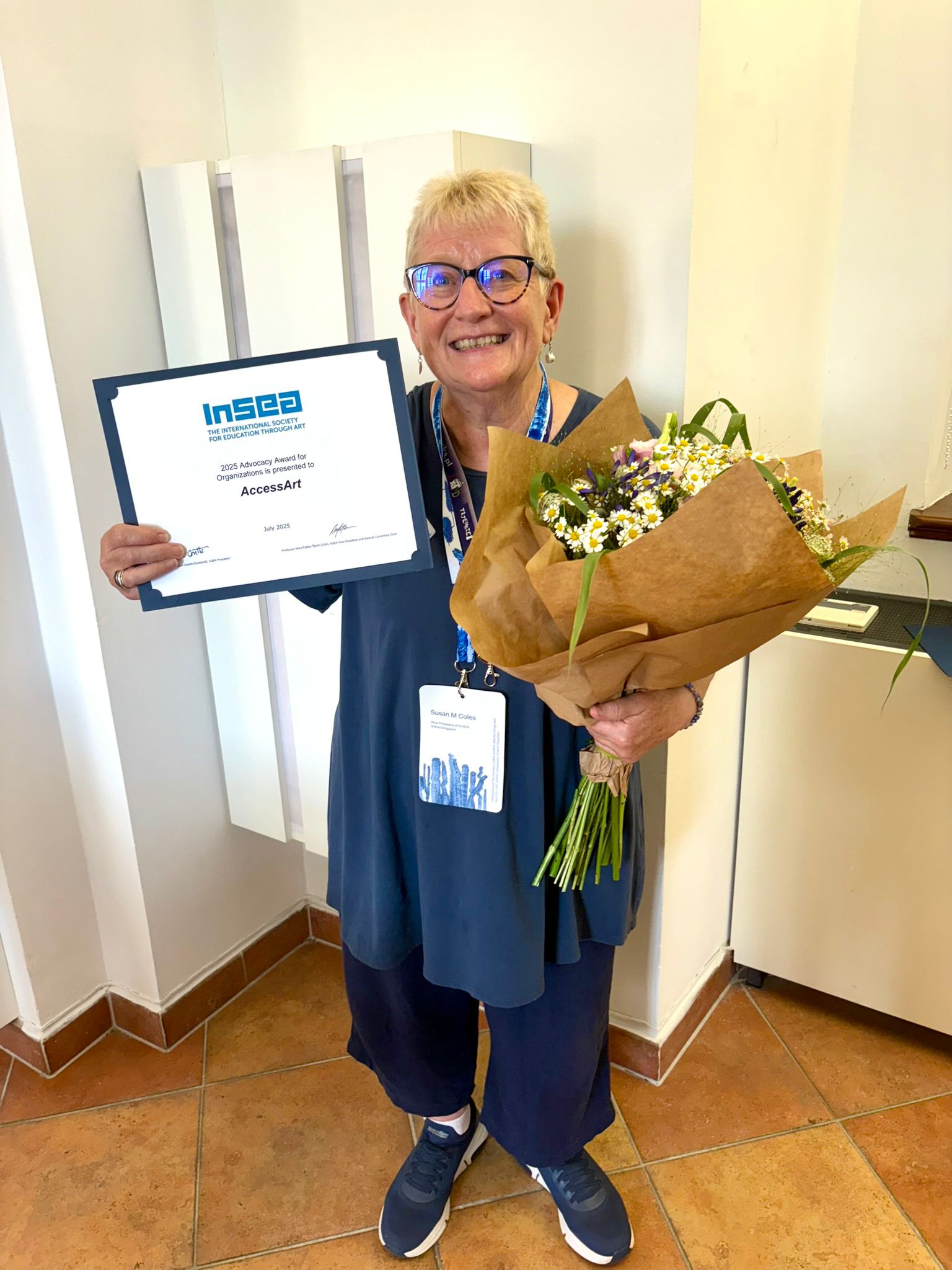
You May Also Like…
Our Creative Community: A pupil-led Project
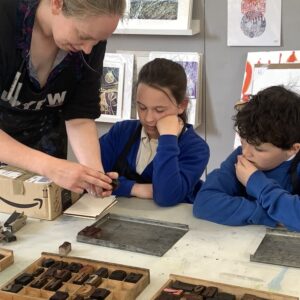
Visual Arts Pedagogy
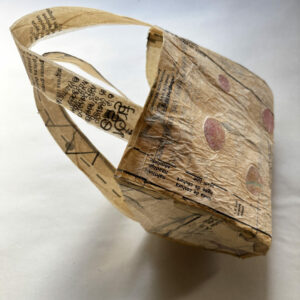
You May Also Like…
AccessArt treehouse
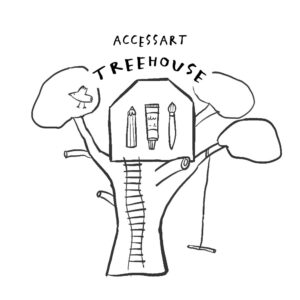
AccessArt Wellbeing Resources
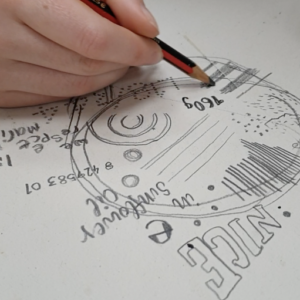
Which Artists: Merlin Evans
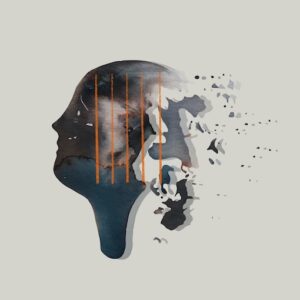
You May Also Like…
let me inspire you by emma burleigh
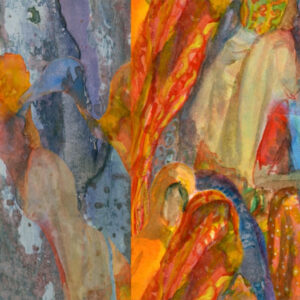
Globe paintings
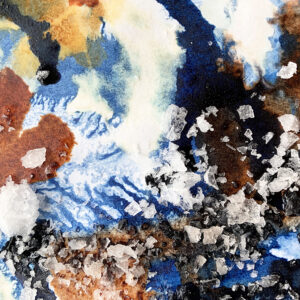
introduction to watercolour
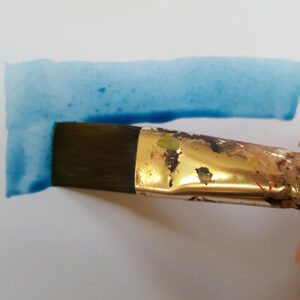
See all send resources
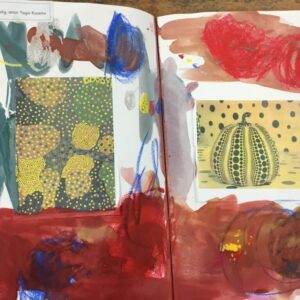
At AccessArt, creativity is at the heart of everything we do. So, when it came to refreshing our team page, we wanted to reflect the imaginative, playful spirit that connects us all.
The AccessArt bird has been part of our logo since 1999. It was inspired by a wire bird created by a child during one of our early workshops. Therefore, instead of using traditional photographs, we decided to introduce ourselves through images of birds. Each bird was carefully chosen by a team member to represent a personal connection, a memory, or a specific personality trait.
Beautifully illustrated by Tobi Meuwissen, this joyful and diverse flock reflects not only who we are as individuals but also the collaborative spirit that defines AccessArt.
Once we’d each chosen our bird, it was over to Tobi to turn our ideas into beautiful, characterful illustrations. Using a blend of traditional drawing instincts and digital tools, Tobi captured the spirit of each bird and each team member. Below, she explains how the process unfolded.

As a trained illustrator, I love it when projects where I can use my skillset come up, and this was no different – spending hours drawing away on my iPad brought me lots of joy. Usually, I would begin all of my illustrations on paper in my sketchbook, but I felt that with so many birds to do, Procreate would be my friend.
Procreate is a creative app that acts as a digital sketchbook; with many different pens, colours and textures to choose from, it makes the drawing and editing process quick and polished (although it doesn’t compare to the joy and discovery of working with real materials).
We began by inviting each team member to choose which bird they would like to represent them, and then I started one-by-one with the drawings.
Starting a project can feel a bit like trial and error; going in without a plan and seeing what happens can be enabling to get over the fear of the blank page. I didn’t follow the same formula for every bird; some started with bold and loose outlines, and others were tighter and more controlled.

The ease of Procreate is that it works with different layers, so you can see below how I built up the different marks and colours to create texture and tone.

Altogether, we have 15 different birds representing all team members, founders and trustees, ranging from the quirky, such as the Silver Polish Rooster, to the bright and brilliant Puffin and the familiar-feeling birds that frequent our gardens daily, such as the Sparrow and Blackbird.
As well as sharing the type of bird we wanted to be represented by, we thought it would be nice to share the reasons why that particular bird resonated with us…
AccessArt Co-Founders

“I love watching Sparrows – always on the move and happily chirping together in hedgerows. As CEO of AccessArt, I thought hard about how I wanted the bird I chose to represent the qualities I think I can help engender in the team. I do see us as a flock – and I like that Sparrows symbolise joy, happiness, resilience, adaptability, freedom, and protection – all words I think can be applied to AccessArt as an organisation.” – Paula (Current CEO and Creative Director)
“We’ve put Swift boxes up this year and enjoyed watching them all summer. That’s my favourite bird at the moment.” – Sheila (Retired 2020)
AccessArt Team

“I’ve always loved living near the sea, and the Oyster Catcher has been a constant sentry to my life as a consequence, especially when in the wilder, more northern places. It’s insistent, shrill call is oddly comforting, and its stylish orange beak makes me smile.” – Alison
“When I’m out walking and hear the Thrush, perched high in the sycamore trees, its song always lifts my heart and brings a small moment of joy.” – Andrea
“I love the way Indian Runner Ducks move and interact with each other with lots of energy and curiosity, their oddities make me smile.” – Tobi
“My bird choice is a Robin, as my daughter and nieces have always said it’s their Grandad’s spirit coming back to visit them! I love the constancy of Robins, with their singing and presence felt even in the coldest and darkest times of the year.” – Rachel
“I chose to be represented by a Tawny Owl as I’m always looking all around.” – Joe
“I have unruly grey-streaked brown curly hair, so my son chose the Silver Polish Rooster for me, as it was ‘hairy-headed“ – Mo
“I’ve always loved the Blackbird’s song – it’s a reminder to stay grounded, observant and find joy in small, everyday things.” – Lou
“Flamingos are tall (like me), pink (my favourite colour) and spend a lot of time standing on one leg (I do a lot of yoga!)” – Louise
Trustees

“I chose the colourful Greenfinch because it always makes me think of the joy it brings my parents to see the ‘charm’ of finches that would enjoy the feast they left for them in their garden.” – Kate
“Blackcap – Small, not a snazzy dresser, often seen in woodland, and never stops chirping at the top of its voice. A creature after my own heart…” – Chris
“Their loyalty, unique beaks, and expressive faces make them both adorable and fascinating to watch. I love Puffins.” – Susan
“Watching the beautiful Blue Tits zoom and dive in the hedgerows uplifts me and gives me a feeling that all is well in the world.” – Anne
A recording of the presentation given by Paula Briggs, CEO & Creative Director AccessArt, at the July 2025 All Party Parliamentary Group for Art, Craft and Design Education.
In this presentation, Paula shares three lenses which inform our current thinking about what art education needs from us right now.
You May Also Like….
Teenagers write in invented text

Teenagers write in invented text

Monoprint to explore poetry

3d Visual Maps

You May Also Like…
The AccessArt Offer to SEND (mainstream)
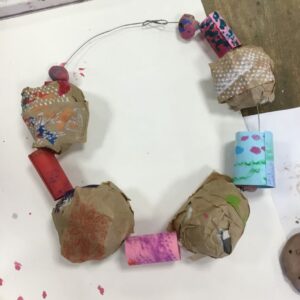
Painting the Storm
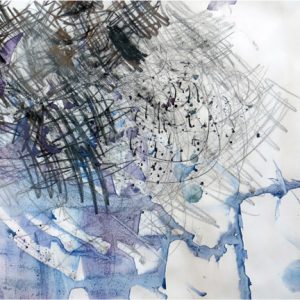
Mixed Media Landscape Challenges
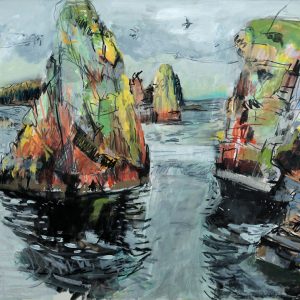
You May Also Like…
The AccessArt Tiny Art School Movement
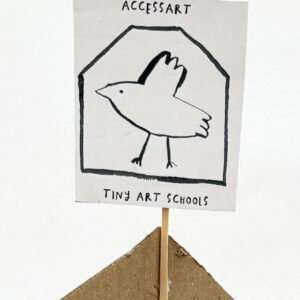
Artist Educator Map
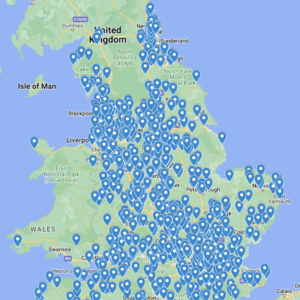
Art School Ilkley Case Study
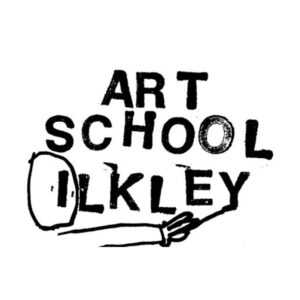
You May Also Like…
find your messages
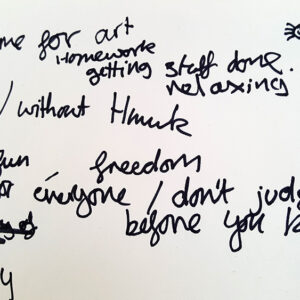
Portrait Club
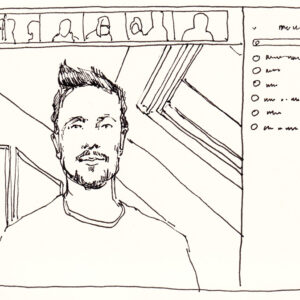
Adapting AccessArt: Faces and Stories
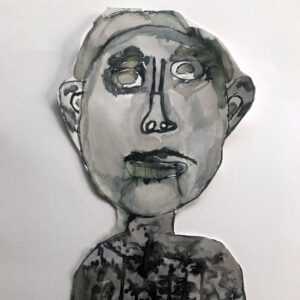
Exploring Macbeth Through Art: Macbeth Portraits
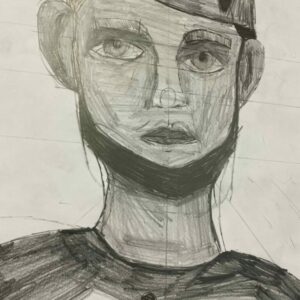
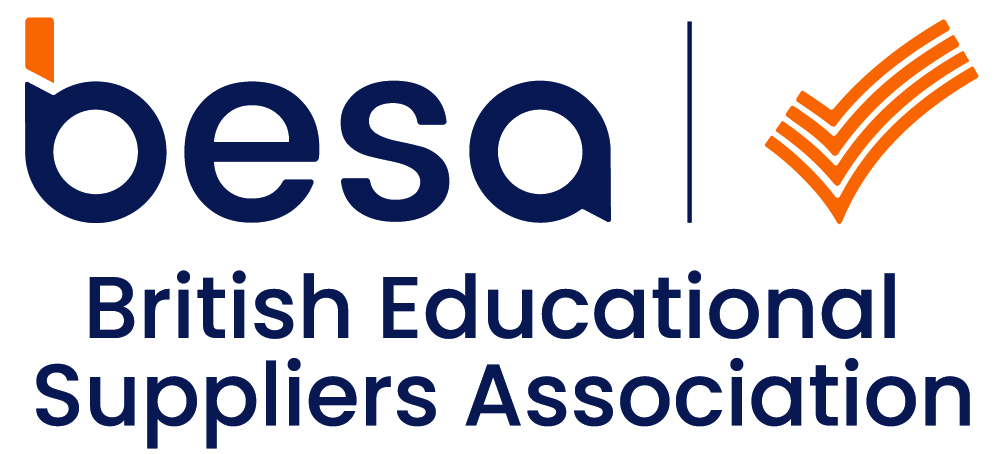 AccessArt is proud to announce that we have become a member of the British Educational Suppliers Association (BESA).
AccessArt is proud to announce that we have become a member of the British Educational Suppliers Association (BESA).




























